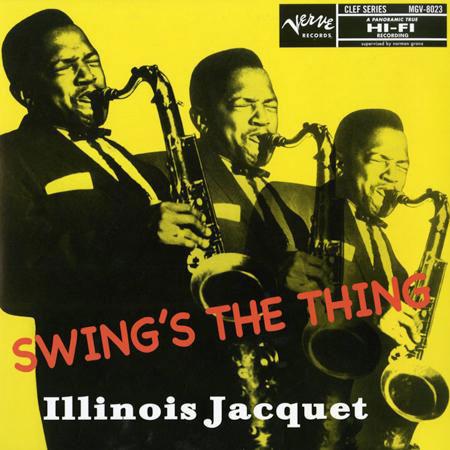
“Play me some of than mono magic,” my dear friend the late Mike Zivkovic of Teresonic Speakers would always say when he would drive over from San Jose to listen to music with me. These visits are some of my most treasured audio memories. Mike always came in with Peet’s coffee, and after some time of visiting, we would get down to listening.
If you are one of my longtime readers, you know I’m a vinyl lover. You also know I listen to a lot of mono recordings. I never got into 78s, but I have had a second tonearm and a true mono moving-coil EMT cartridge mounted with its own Auditorium 23 transformer. So I guess I am pretty serious about mono.
Mono Recordings
Ironically I discovered my love of mono recordings from listening to SACDs. I was a very early adopter of the SACD format, although I eventually gave up for lack of musical choices. In the early days of SACD, so many of the jazz releases were mono, and I was shocked by how good they sounded. I didn’t really realize how good they were, however, until I got a true mono cartridge.
The question many people ask me now is why I own so many mono recordings. The answer at first seemed quite simple to me. There is so much great music that I like that is only available on mono. Then I had to admit to myself that about 90 percent of the time if an album is available in both mono and stereo, I prefer the mono.
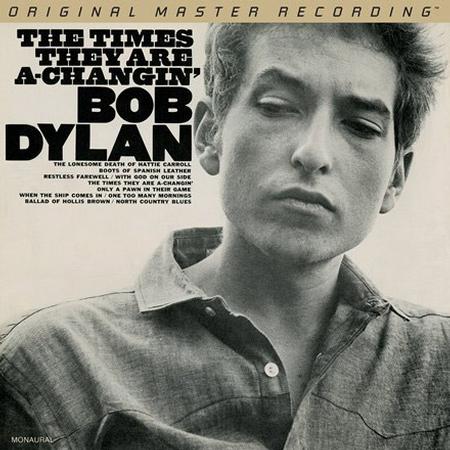
Before I try to answer the whys, I should mention that most people have never really heard many mono recordings. They have just written them off as old-timey. The truth is, many people have only heard mono on the AM dial of a car radio.
There’s Just Something “Right”
Now, back to the “mono magic” part of this column. Truth is, there is just something “right” about the way mono recordings sound. I’m not the only one who feels this way. The late Art Dudley wrote about this in his audio journal Listener. Other notable people who love mono recordings include Jeff Catalano of High Water Sound, Robin Wyatt of Robyatt Audio, John DeVore of DeVore Fidelity, David Slagle of EMIA, Jonathan Halpern of Tone Imports, and Matt Rotunda of Pitch Perfect Audio. This is just a shortlist of guys I’ve spent some time with listening to mono recordings.
I remember reading a column by Harry Pearson and Steven Rochlin and they suggested that certain pieces of equipment were getting so good that sometimes it’s hard to know if you’re reviewing the equipment or the recording. Well, I don’t want to go down that road right now, but it got me to thinking about how much the recording process affects the sound we hear. So, that led me to wonder if one of the things that make mono recordings sound so right is how much simpler the recording process is for these records. This is surely why the early RCA and Mercury stereo recordings are so sought after.
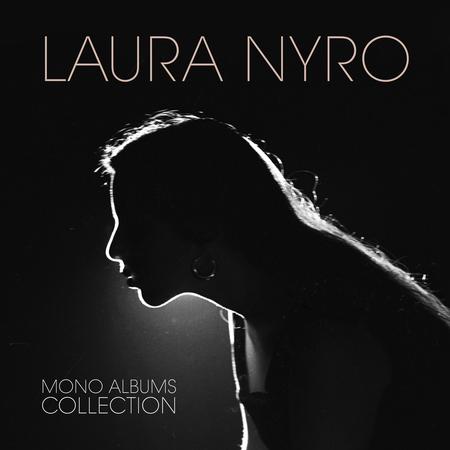
At RMAF one year, I was sitting and visiting with Peter Ledermann of SoundSmith. I commented to Peter that his strain gauge cartridge was the only stereo cartridge I have ever heard that played mono recordings as well as most mono cartridges. This lead to talking about mono magic, or why these recordings sound as good as they do, and he said it was because they were so much more phase coherent than stereo recordings.
One Speaker or Two?
Now one last question, should you listen to mono with one or two speakers? There is no simple answer to this question, but for most of us I think the answer will be two speakers. The reason is simple. Who wants to build a second system just to listen to mono recordings. I mean, would you buy the same quality of amps, preamps, and sources to play mono. Why not just play them on your current system?
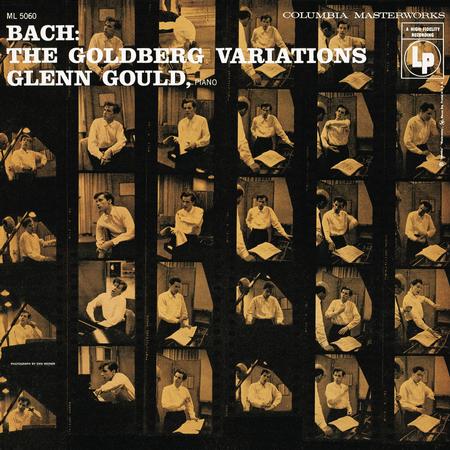
I have heard very few great one-speaker mono systems. One was a single Klipsch Horn, a Mac 30, a Garrard 301, and a mono phono cartridge. The Klipsch threw a huge sound out into the room from a single corner and was very impressive. I have tried this in my home with both a single Teresonic Ingenium and a single QUAD ESL57. In both cases, the sound is just better with two speakers playing mono. Two speakers have better, bigger bass and more dynamics. Also, neither of these speakers can go into a corner and load the room like a K-Horn. Yet, the QUAD ESL57s and the Teresonics are capable of incredible sounding mono reproduction from two speakers.
I hope this little column will encourage you to give that mono magic a chance. Even a service as high-tech as Qobuz has hundreds of incredible mono recordings for you to enjoy. Please don’t write them mono off as old-timey. I’ve included album covers here of some mono records that are in my collection that are simply incredible!
Check out more “Thoughts from The Audio Beatnik” posts here.
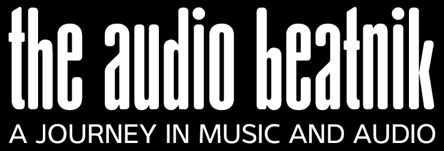
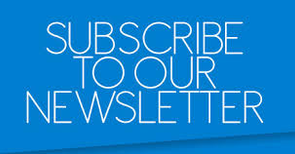
Yep!
I have found that a stereo / mono switch is an absolute necessity on a preamp, but try to find one… Backert, Tortuga, Viking, Moonriver Audio… and who else?
I was listening to a Dave Brubeck recording and was shocked that my newly purchased speakers would project so far to the left. And nothing far to the right? A problem… recurring… only the sax was way over there, while the other 3 instruments were centered. And I have found so many more (especially 50s jazz) poorly mixed digital remixes of analog material that it just exasperates me when listening in stereo. Flip the switch to mono and these recordings sound….. what’s the word….. hmmmm, they just sound right!
I also have been collecting mono’s over the past five years more so than before, for the same reasons. I am still a couple of purchases away from completion in the dedicated cartridge & step up categories .. Thanks for your insights Jack!
Have fun collecting. Let me know if you have specific albums you are looking for as I may still have a copy.
Thank you for this. I regularly return here for analog inspiration. I know you’ve recently moved on to a digital source – I’d love to read more about the mono adventures.
I purchased (last month) the Ortofon 2M Mono SE – it is the best match for my modest Clearaudio ‘table. It sounds fantastic, and for me, anything originally intended and mixed for mono pressing sounds best that way. I find that the small combo jazz performances translate more readily in mono. I am buying vintage mono records for Discogs – if you’ve more to sell, I would be interested.
I’m also documenting my own mono experience on the site.
Thank you!
Darren Henley